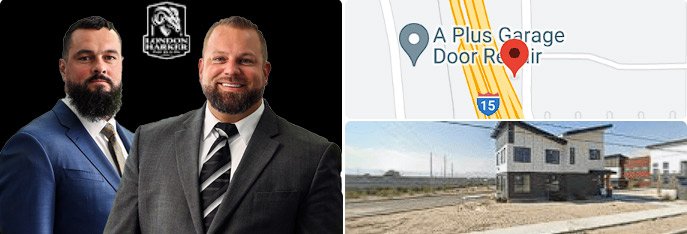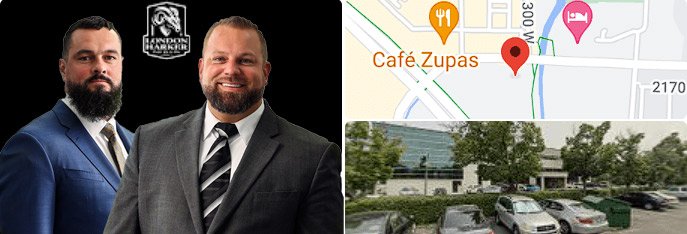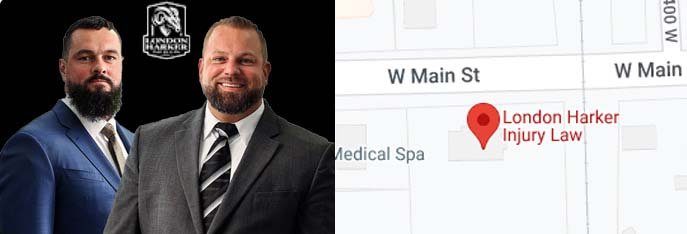Posted on Friday, December 15th, 2023 at 9:00 am

A frightening incident like a motor vehicle crash or vicious dog bite can cause more than just physical injuries. It’s natural to feel anxiety and fear both during the collision and in the days that follow. The fear such an incident causes may linger for weeks, months, or even years. It may also have an excessively disruptive impact on your life.
Does this predicament sound familiar? If so, you might be struggling with post-traumatic stress disorder (PTSD).
Receiving an official PTSD diagnosis from a mental health professional is critical now. Getting a proper diagnosis is key to getting the necessary treatment. In addition, if you can show you’ve developed PTSD from an injury that was someone else’s fault, you may seek compensation from them accordingly.
What is PTSD?
According to the National Institute of Mental Health (NIMH), PTSD occurs when a person struggles to overcome their natural reactions to a traumatic experience. Some of the most common signs of PTSD are as follows:
- Re-experiencing symptoms – These are symptoms like flashbacks or nightmares that cause a person to experience a traumatic event again. Re-experiencing symptoms may also consist of physical symptoms of acute stress and trauma. Examples include a racing heart and excessive sweating.
- Avoidance symptoms – Someone with PTSD may go out of their way to avoid any triggers that could remind them of the frightening experience. Sometimes, this is subtle, like choosing routes that bypass the site of a car accident. In more extreme cases, a person with PTSD might avoid driving altogether.
- Arousal and reactivity symptoms – The lingering effects of a scary experience may leave someone feeling always “on edge,” irritable, unable to sleep, or generally in a high state of arousal.
- Cognition and mood symptoms – PTSD can negatively affect injury victims’ memories and emotions. A person with PTSD may begin to feel negatively about themselves, others, or the world.
A person might receive a diagnosis of PTSD if they experience the following for at least one month:
- One or more re-experiencing PTSD symptoms
- One or more avoidance PTSD symptoms
- Two or more arousal and reactivity PTSD symptoms
- Two or more cognition and mood PTSD symptoms
Save all medical records and bills as you begin seeking and receiving treatment for PTSD. These records may serve as evidence when you file a claim or lawsuit.
Seeking Compensation for PTSD from a Car Accident in Utah: Important Information
Research published in the medical journal Medicine indicates car accidents are one of the leading causes of PTSD in the general population. Approximately 22.5 percent of individuals involved in motor vehicle collisions will experience PTSD to some degree.
Utah is a no-fault state. In Utah, you may seek compensation from your own insurance company for losses resulting from a motor vehicle collision. This would be your first means of seeking compensation, even if another negligent party caused the wreck. An important note: motorcyclists are not covered by no-fault insurance.
The settlement amount you receive from your insurer may not be enough to compensate you for all your losses. It also might not compensate you fully for the pain you experience due to PTSD.
Under Utah law, you may have the option of filing an additional claim or lawsuit against a negligent party. This is an option if you sustain:
- A permanently disfiguring injury
- An injury resulting in dismemberment
- A permanently disabling injury
- A bone fracture
- An injury resulting in medical expenses greater than $3,000
Pursuing Compensation for PTSD Through a Personal Injury Claim in Utah

Gathering the evidence necessary to prove that someone else is liable for PTSD may involve:
- Interviewing witnesses
- Reviewing photos/footage of the accident scene
- Reviewing police reports
- Reviewing testimony of the alleged negligent parties
Beyond showing that someone else is to blame for the underlying incident, you’ll also have to gather evidence of the way PTSD has affected your life. Said evidence may include:
- Medical records
- Doctor testimony
- Testimony from family members
- A personal journal or log in which you describe the impact of PTSD on your life
In addition, if your PTSD stems from a traffic accident, you’ll need to show your injuries are severe enough that you have the right to file a separate claim under Utah law.
Contact a Utah Personal Injury Lawyer Today
Investigating your injuries to prove negligence and gathering evidence showing you deserve compensation for PTSD aren’t tasks you must handle alone. The Utah personal injury lawyers at London Harker Injury Law can assist you with these tasks, giving you the time to focus on your health after a traumatic experience. Learn more about what we may do for you by contacting us online or calling us at 77CARCRASH for a free case evaluation.
Related Posts
Personal injury Lawsuits: Process and Timelines
Deciding Whether to Hire a Lawyer After a Car Accident



